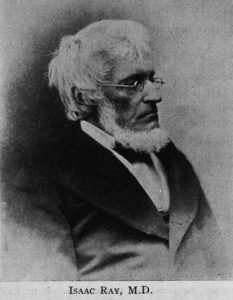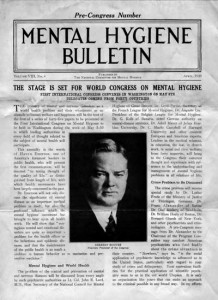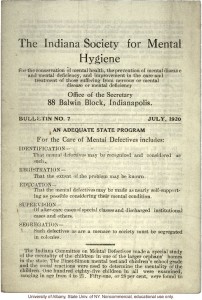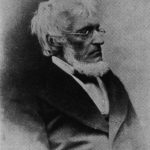The nineteenth century saw many medical breakthroughs (see last post), and the public and doctors alike began to think that science could solve all human ailments. Doctors saw that better sanitation and hygiene during the Civil War helped prevent disease,and alienists began to hope that the same strides could be achieved through mental hygiene. Dr. Isaac Ray, a very powerful and prominent insane asylum superintendent, defined mental hygiene (in part) as “preserving the mind against all incidents and influences calculated to deteriorate its qualities.”
Isaac and others involved in the mental hygiene movement believed that if people could live in a situation and atmosphere that promoted mental health, they would either not fall ill in the first place, or the symptoms might not be as severe. Stress, urbanization, poverty, and industrialization were considered major players in undermining mental health, and these mental health hygienists emphasized the importance of proper rest, diet, exercise, education, self-discipline, and proper surroundings to promote mental health. (The latter is one reason that asylums were built to be magnificent and beautiful.) Though almost everyone could see benefits to these important elements of living, not all alienists agreed that they would prevent or resolve mental problems. Some thought that all mental illness sprang from biological, rather than social, causes. Early hygienists did not institute scientific studies or use methodologies that could support their beliefs, so mental hygiene remained only on the fringes of medicine for decades.
______________________________________________________________________________________








